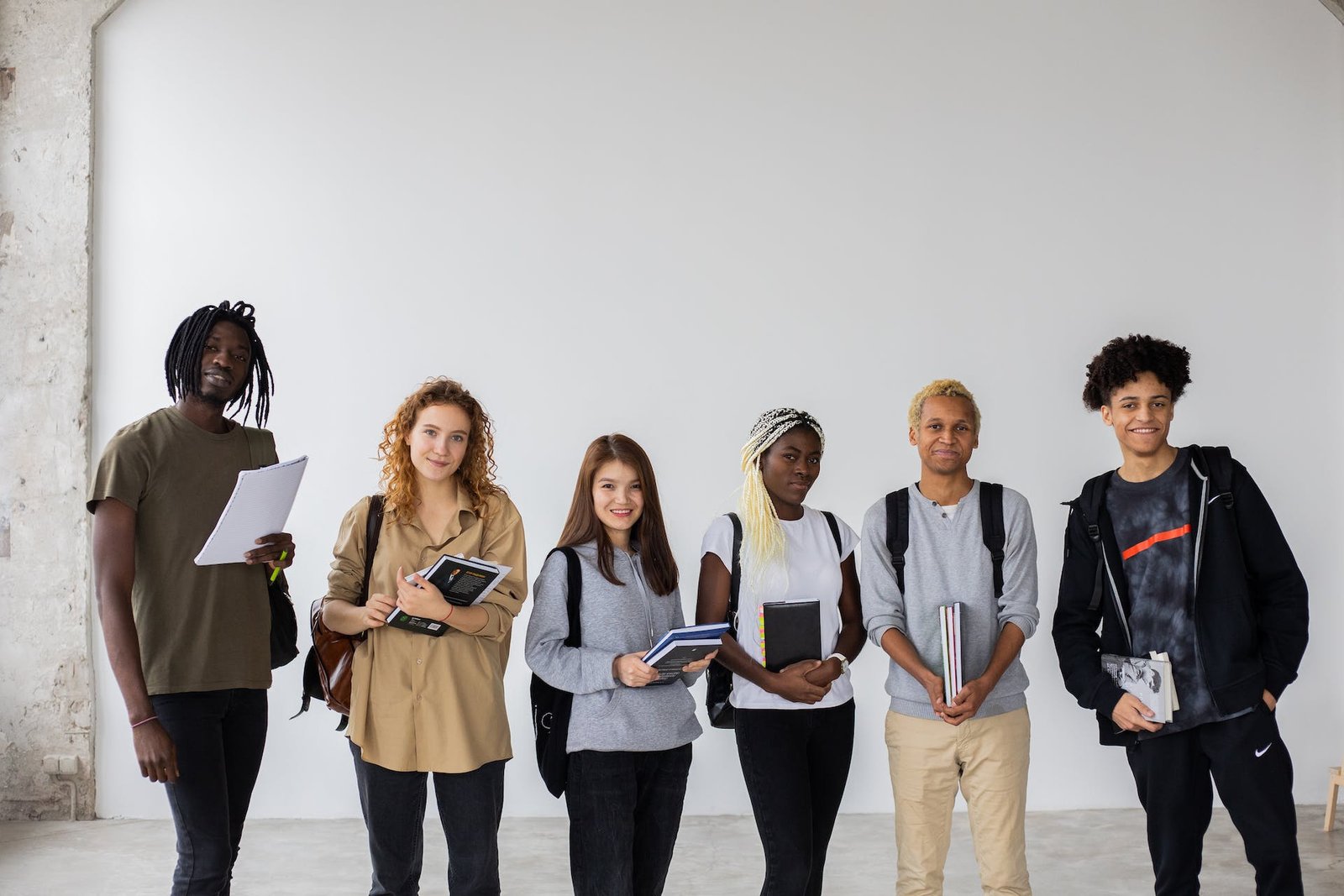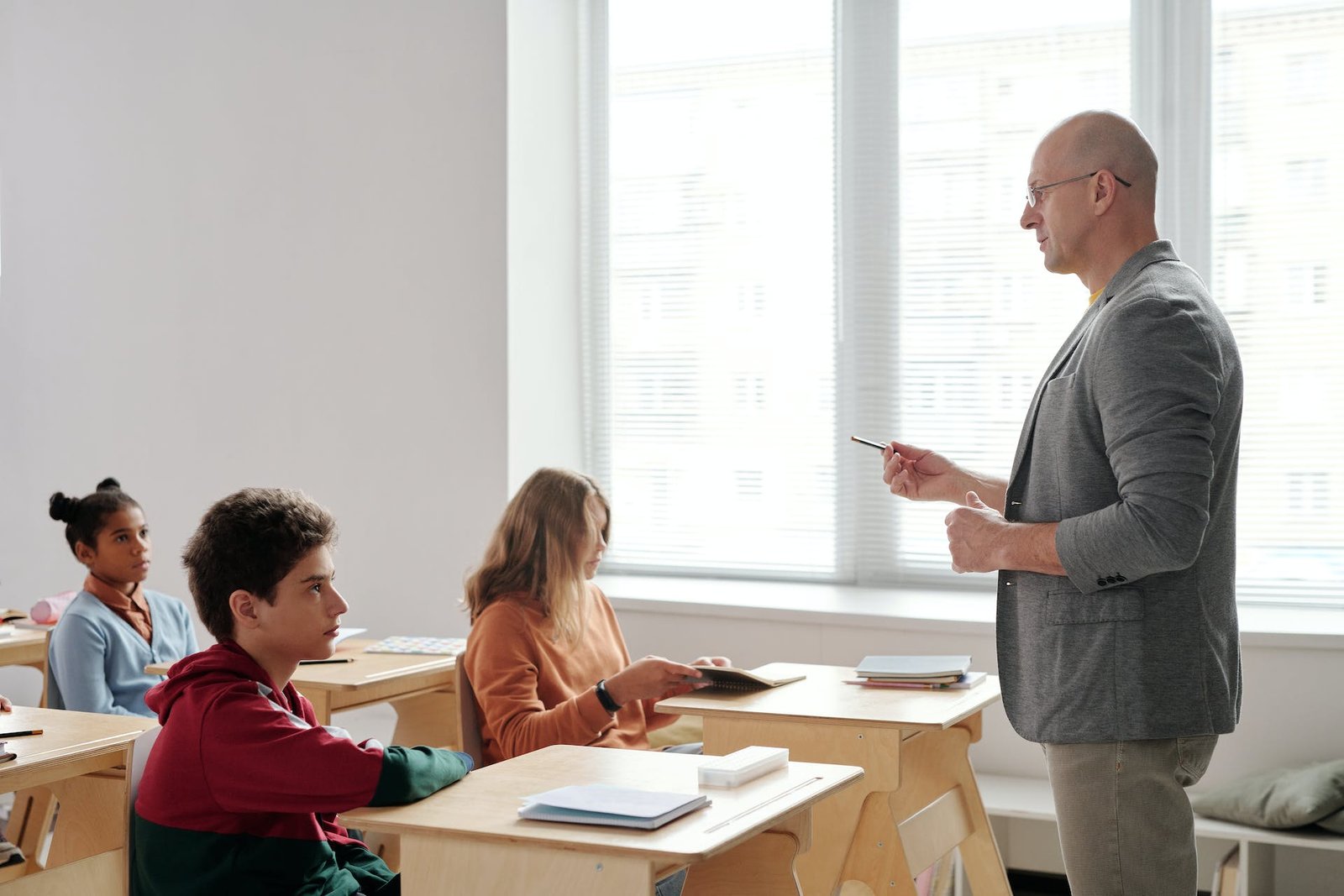Title: Recognizing Prior Learning (RPL) in Certificate III in Early Childhood Education and Care
Introduction:
Welcome to our comprehensive guide on Recognizing Prior Learning (RPL) in Certificate III in Early Childhood Education and Care. This qualification is vital for individuals aspiring to pursue a rewarding career in nurturing and educating young minds. RPL plays a crucial role in acknowledging and valuing the skills and knowledge gained through practical experiences and previous education. In this guide, we will explore the significance of RPL, the process involved, and how it benefits aspiring educators in the field of early childhood education and care.
Section 1: Understanding Certificate III in Early Childhood Education and Care
Certificate III in Early Childhood Education and Care is a nationally recognized qualification in Australia, providing foundational knowledge and skills required to work in the childcare sector. The curriculum covers various aspects such as child development, safety, health, and fostering positive learning environments. Achieving this qualification is essential for those seeking to work as educators in childcare centers, preschools, and family daycares.
Section 2: What is RPL?
Recognizing Prior Learning (RPL) is a process that acknowledges and assesses an individual’s skills, knowledge, and experiences gained through work, life, and previous education. It allows candidates to demonstrate their competence in a particular field without having to undergo formal training for skills they already possess. In the context of Certificate III in Early Childhood Education and Care, RPL provides a pathway for individuals to showcase their expertise and fast-track the qualification process.
Section 3: Benefits of RPL in Certificate III in Early Childhood Education and Care
3.1 Time and Cost Efficiency:
- RPL allows candidates to skip redundant training and assessments for skills they already possess.
- It reduces the time and cost associated with obtaining the Certificate III qualification.
3.2 Tailored Learning Experience:
- RPL recognizes diverse learning experiences, including on-the-job training, workshops, and self-directed study.
- Candidates can tailor their learning journey based on their existing knowledge and skills.
3.3 Career Advancement Opportunities:
- Faster qualification attainment through RPL can open doors to career advancement and increased responsibilities.
- Employers value individuals who can demonstrate practical competence in early childhood education and care.
3.4 Motivation and Confidence:
- RPL boosts candidates’ confidence by validating their existing skills and knowledge.
- Recognition of prior learning motivates individuals to continue their professional development in the field.
Section 4: The RPL Process for Certificate III in Early Childhood Education and Care
4.1 Initial Assessment:
- Candidates express their interest in RPL and provide evidence of their prior learning.
- Assessment criteria may include work samples, certifications, and testimonials.
4.2 Consultation and Guidance:
- A qualified assessor guides candidates through the RPL process, helping them understand the evidence requirements.
- Clarification and support are provided to ensure a smooth and transparent assessment.
4.3 Evidence Submission:
- Candidates compile and submit evidence that aligns with the units of competency within Certificate III in Early Childhood Education and Care.
- The evidence should demonstrate their skills, knowledge, and practical experience in childcare.
4.4 Assessment and Validation:
- Assessors review the submitted evidence against the required competencies.
- Validation processes ensure the reliability and consistency of the assessment outcomes.
4.5 Recognition and Certification:
- Successful candidates receive a Statement of Attainment or Certificate III qualification, acknowledging their achievements through RPL.
Section 5: Examples of Eligible RPL Evidence
5.1 Work Experience:
- Documentation of work experience in childcare settings.
- Testimonials from employers or colleagues confirming competence.
5.2 Previous Education:
- Certificates, diplomas, or transcripts related to early childhood education.
- Academic achievements demonstrating relevant knowledge.
5.3 Professional Development:
- Certificates of attendance for workshops, conferences, or training sessions.
- Records of continuous professional development in the childcare sector.
5.4 Self-Directed Learning:
- Portfolios showcasing projects, lesson plans, or educational materials created by the candidate.
- Reflective journals highlighting personal growth and learning experiences.
Section 6: Tips for a Successful RPL Application
6.1 Thorough Documentation:
- Provide comprehensive evidence that clearly demonstrates your competence in each unit of competency.
6.2 Consultation:
- Seek guidance from assessors to ensure a complete understanding of the evidence requirements.
6.3 Be Organized:
- Prepare a well-organized portfolio that is easy for assessors to navigate.
6.4 Showcase Diversity:
- Include a range of evidence sources to demonstrate a broad spectrum of skills and experiences.
6.5 Stay Positive and Persistent:
- Approach the RPL process with a positive mindset and be persistent in gathering and presenting your evidence.
Conclusion:
Recognizing Prior Learning is an invaluable avenue for individuals seeking to obtain their Certificate III in Early Childhood Education and Care. By acknowledging and validating prior experiences, RPL not only streamlines the qualification process but also empowers individuals to progress in their careers with confidence. Aspiring educators should consider RPL as a strategic pathway to achieve their professional goals in the dynamic and fulfilling field of early childhood education and care.



